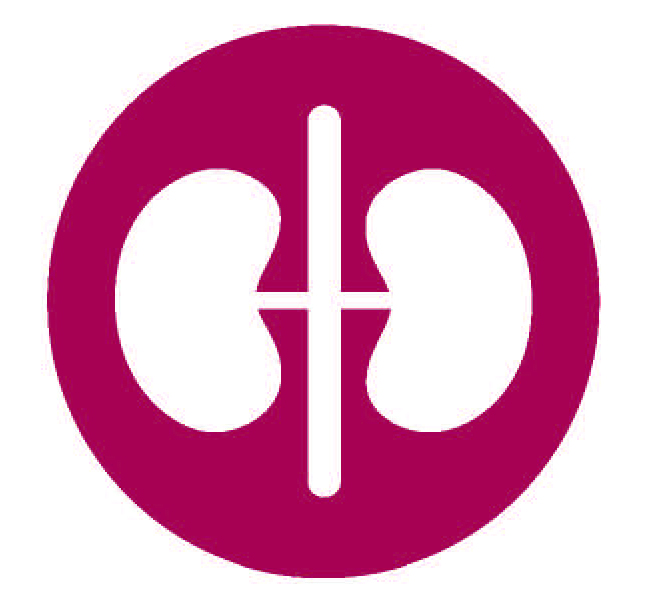This basic
to intermediate course will build on existing knowledge and skills in the
management of enteral tube feeding. The course aims to enable confidence in
everyday practice in adult enteral
nutrition. The course is designed for participants who are newly qualified band
5 dietitians with less than 2 years’ experience or for those to whom enteral
feeding is a new speciality.
Learning Outcomes
● Demonstrate a working knowledge of the range of enteral tube feeding routes, methods of insertion and the different tube types available.
● Plan enteral feeding regimens, selecting appropriate feeding route, type of formula and method of administration.
● Identify complications and adjust regimens and/or treatment appropriately.
● Identify appropriate nutritional monitoring parameters and evaluate treatment.
● Understanding of ethical considerations in enteral feeding
This basic
to intermediate course will build on existing knowledge and skills in the
management of enteral tube feeding. The course aims to enable confidence in
everyday practice in adult enteral
nutrition. The course is designed for participants who are newly qualified band
5 dietitians with less than 2 years’ experience or for those to whom enteral
feeding is a new speciality.
Learning Outcomes
● Demonstrate a working knowledge of the range of enteral tube feeding routes, methods of insertion and the different tube types available.
● Plan enteral feeding regimens, selecting appropriate feeding route, type of formula and method of administration.
● Identify complications and adjust regimens and/or treatment appropriately.
● Identify appropriate nutritional monitoring parameters and evaluate treatment.
● Understanding of ethical considerations in enteral feeding
This basic
to intermediate course will build on existing knowledge and skills in the
management of enteral tube feeding. The course aims to enable confidence in
everyday practice in adult enteral
nutrition. The course is designed for participants who are newly qualified band
5 dietitians with less than 2 years’ experience or for those to whom enteral
feeding is a new speciality.
Learning Outcomes
● Demonstrate a working knowledge of the range of enteral tube feeding routes, methods of insertion and the different tube types available.
● Plan enteral feeding regimens, selecting appropriate feeding route, type of formula and method of administration.
● Identify complications and adjust regimens and/or treatment appropriately.
● Identify appropriate nutritional monitoring parameters and evaluate treatment.
● Understanding of ethical considerations in enteral feeding
This one day course is aimed at the dietetic support workforce working in both acute and community settings.
The aims of this one-day course are to facilitate participants to :
Introduction to Dietary Management of Adults with Inflammatory Bowel Disease [IBD] 10th October 2025

Aim:
To increase knowledge and skills in the nutritional care of adults living with Inflammatory Bowel Disease.
By the end of the course delegates will be able to:
- Understand what IBD is, including the prevalence, diagnosis and symptoms and the associated complications with the main focus on Crohn’s Disease [CD] and Ulcerative Colitis [UC]
- Be able to refer to current national and international guidelines/standards for the management of IBD
- Have a knowledge of medical management and treatments for IBD – during active disease and in remission
- Evaluate the effectiveness of nutritional therapies for IBD including enteral and parenteral nutrition
- Understand dietetic roles and responsibilities in IBD management
- Understand the principles and implementation of patient supported self-management
Aim
Objectives

